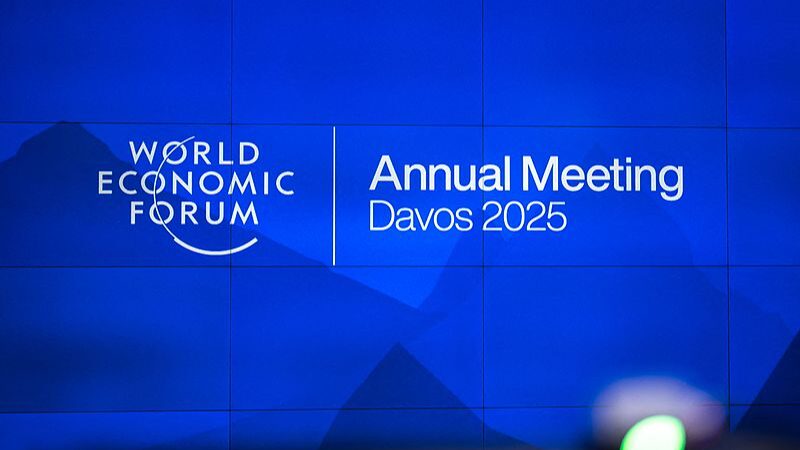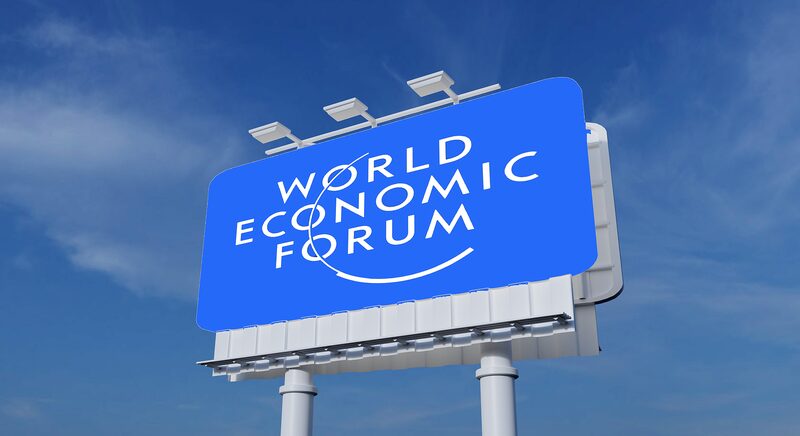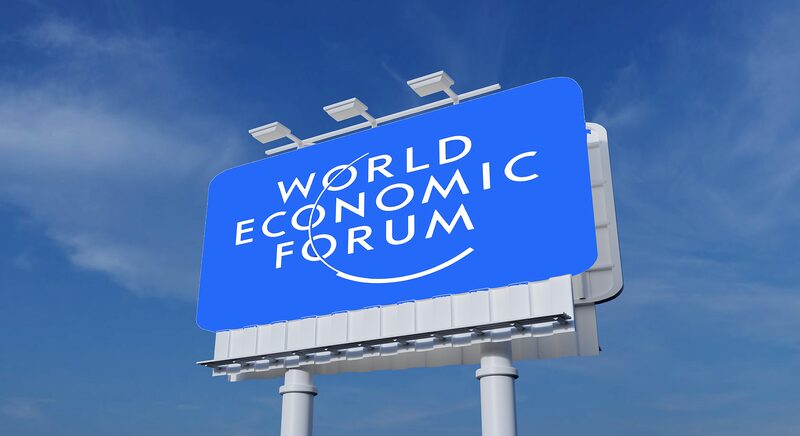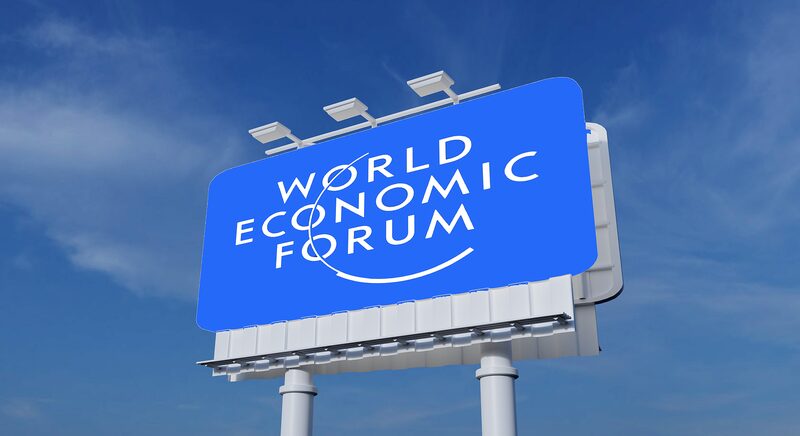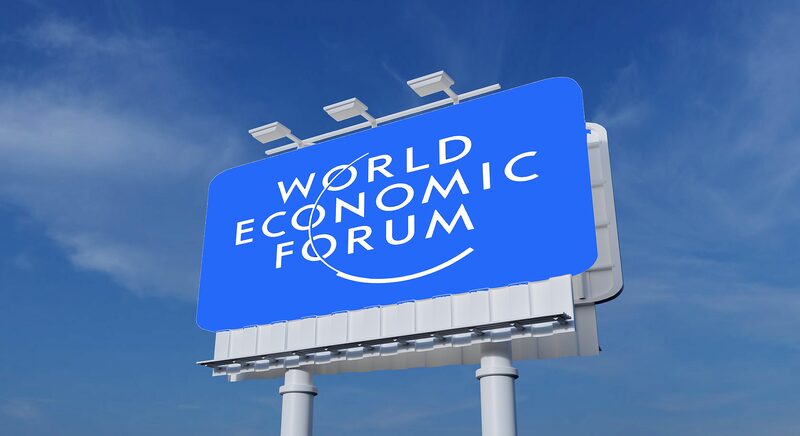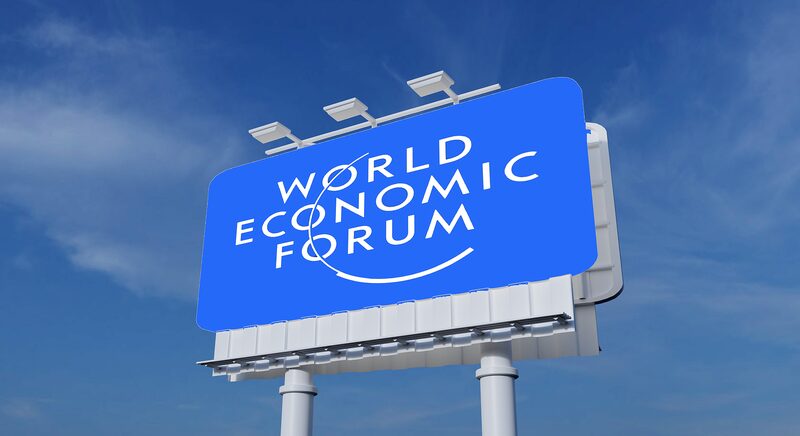Global healthcare systems face an unprecedented convergence of challenges requiring urgent innovation in funding and collaboration, according to World Economic Forum health leader Shyam Bishen. Despite post-pandemic recovery in life expectancy and maternal health metrics, progress has slowed amid declining cross-border health funding – creating what experts call a 'perfect storm' for systemic collapse.
The Quadruple Threat Reshaping Medicine
Bishen identifies four critical pressures: climate-related health impacts projected to claim 14.5 million lives by 2050; a rapidly aging population set to double in 25 years; rising non-communicable diseases; and entrenched healthcare disparities.
"Traditional funding models can't address this complexity," Bishen notes. "We need blended financing that combines public, private, and philanthropic capital with performance-based incentives."
Innovation Frontiers: From Fintech to AI
The WEF analysis suggests embracing digital health platforms and AI-driven diagnostics to maximize limited resources. Recent trials of blockchain-based vaccine tracking in Southeast Asia and mobile clinics serving rural communities demonstrate technology's potential to bridge accessibility gaps.
Regional Cooperation in Focus
With development assistance for health declining 15% since 2020, Asian governments are exploring novel partnerships. Singapore and the Chinese mainland recently launched a joint biotech research fund, while India's digital health ID system has become a model for emerging economies.
As Bishen concludes: "The choice is clear – reinvent how we fund healthcare today, or pay far greater human and economic costs tomorrow."
Reference(s):
Innovation & new funding models needed in face of falling health spend
cgtn.com


